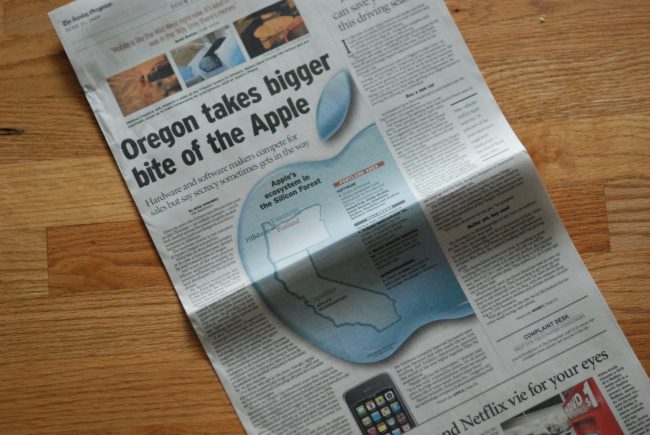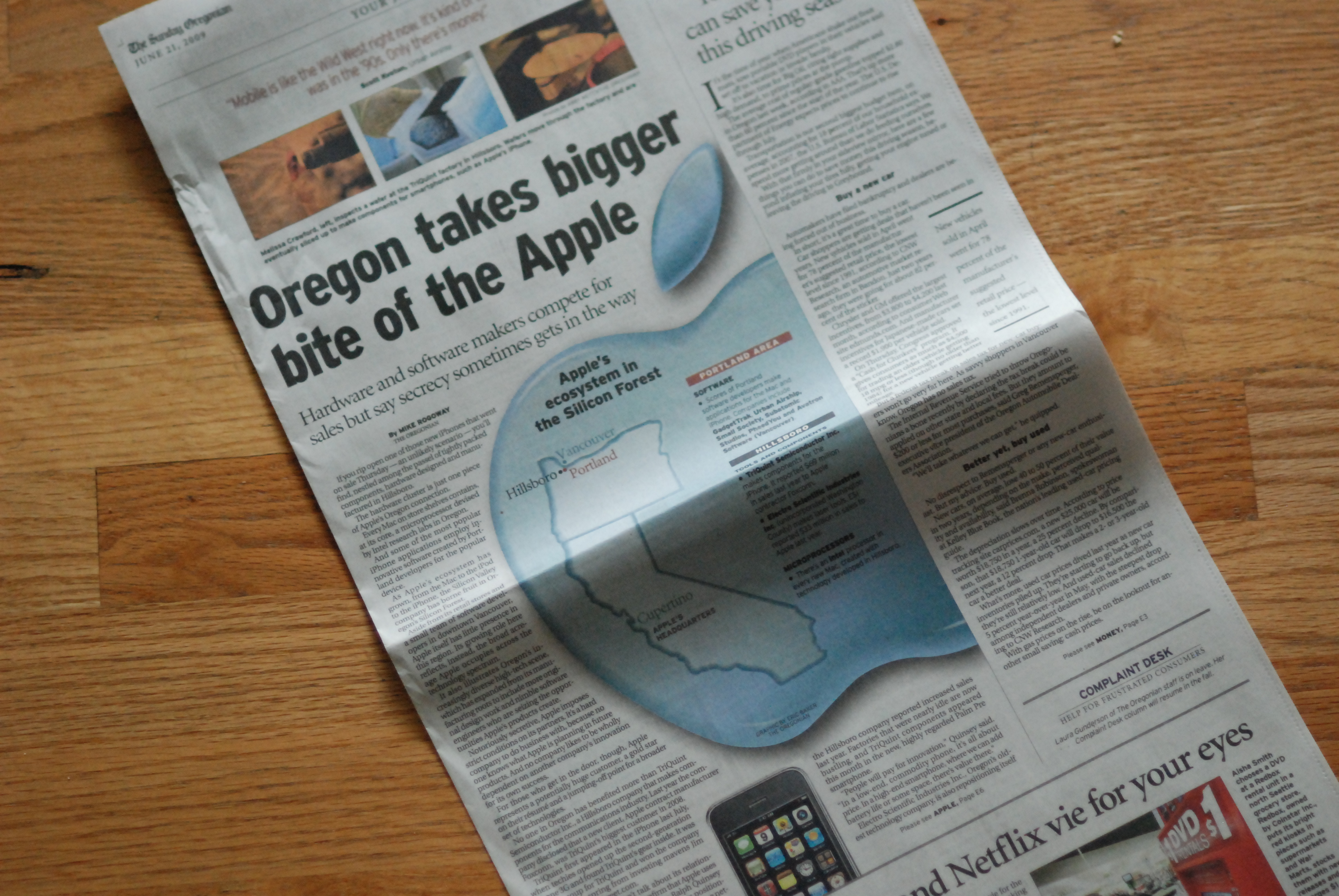|
Getting your Trinity Audio player ready...
|

Two college students have been accused by the government of fraud after almost two years of making false claims to Apple to get new phones, according to a CNBC report on April 5, 2019. Quan Jiang and Yangyang Zhou, now both in their early 20s, were reportedly students at Oregon State University, majoring in engineering.
Jiang has admitted to receiving between 20 and 30 fraudulent iPhones at one time from an unnamed “associate” in China. After obtaining the phones, he and Zhou would submit them to Apple, claiming that they would not power on. In turn, Apple would usually send an authentic phone replacement to the students, under the guise that there were warranties on each phone. From there, the men would send the real phones (valued at $600 each) back to China to be sold. Then, Jiang’s mother would receive his portion of the money, and send it to his bank account for use in the United States. This scam led to the students making $895,800.
Between April 2017 and March 2018, Zhou and Jiang attempted this phone con over 3,000 times, however, were only successful 1,493 times. The remaining phone claims were reportedly dismissed, and Apple sent the men a letter explaining that the phones had been tampered with, so they would not be replaced. No mention of the phones being fraudulent replicas was made by the company.
Jiang stated that he used different addresses and aliases, including “Apache Helicopter,” to stay under the government’s radar to keep an abundance of traffic coming from China to one address. However, he was detected by the Customs and Border Protection agency, who seized five shipments in 2017 and had since been placed under investigation. It was not until March 2018, however, that the federal government filed one complaint against the men, and another in March 2019.
In 2019, agents of the federal government searched Jiang’s home in Oregon and discovered over 300 fraudulent iPhones, alongside warranty claim submission documents and shipping records. They also found boxes addressed to Zhou.
Jamie Kilberg, Zhou’s attorney, emailed a statement to CNBC claiming that Zhou did not know that he was participating in any of the illegal activity of which he is being charged. This, however, contradicts the statement given by Jiang prior to the email that all the friends involved in the scheme got a cut of the money in exchange for their cooperation.
Edited by Cathy Milne-Ware



